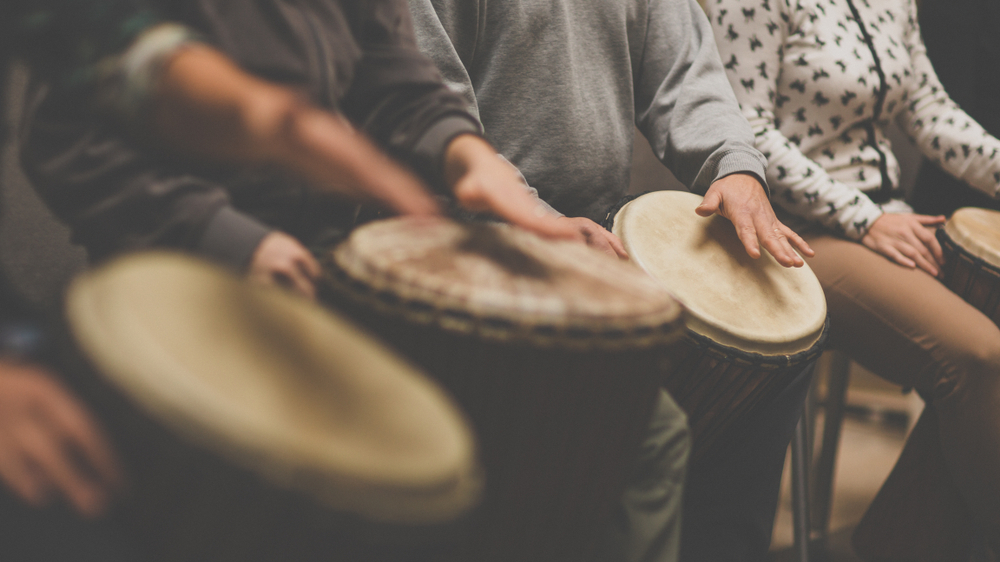
It’s no secret that music is powerful. Music can be a way to stir up positive emotions and evoke memories of happy times. The right piece of music can even completely change a person’s mood.
This pattern is a key reason why music therapy is often used for seniors, including those who suffer from Alzheimer’s disease. Caregivers can also conduct versions of music therapy at home themselves, providing powerful benefits to their family members.
Recent research has highlighted another significant aspect of music for seniors.
Music impacts a part of the brain called the salience network. This is what creates an emotional reaction when you hear a familiar or poignant piece of music. It is also related to the way that music can lower anxiety and improve mood.
The salience network is also left relatively untouched by Alzheimer’s disease and some other forms of dementia. The study also talked about previous research, which has shown that a personalized music program could impact the mood of patients with dementia.
These outcomes mean that music has the ability to touch Alzheimer’s patients emotionally, even when they have no conscious understanding of the events around them.
In particular, music may provide a way to decrease anxiety and agitation, while lowering symptoms of depression.
There is even some potential to decrease the progression of the condition, although much more research is needed in that field.
The study itself was small, just involving 17 patients. But, it is more evidence that music has significance. You can read more details about the study in a recent article at Science Daily.
Practical Implications
A key aspect of this research topic is the association between music and the patient.
Research has focused on music that has emotional significance to patients, such as songs that they listened to when they were younger.
This provides a practical avenue for caregivers. There are many ways that you can listen to music with your family member or play it for them (we’ve covered some of these in another post).
Doing so can help improve mood and create an enjoyable experience. This is true for people of all ages and health conditions.
There is also little to lose. Music tends to have a positive influence on most people. The most challenging thing is finding the music that is significant to your family member. But, that can be an enjoyable process too.

Leave a Reply